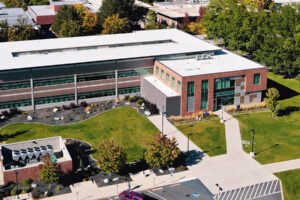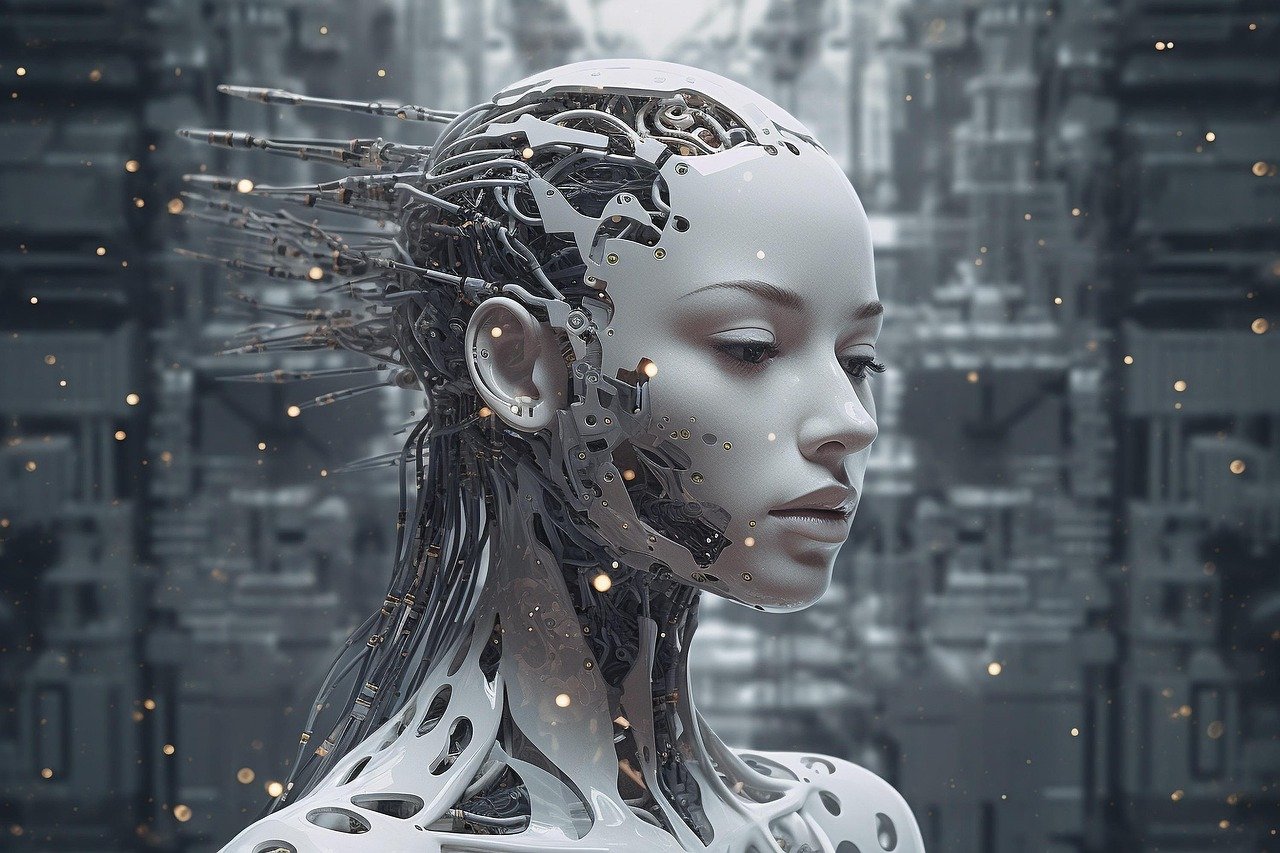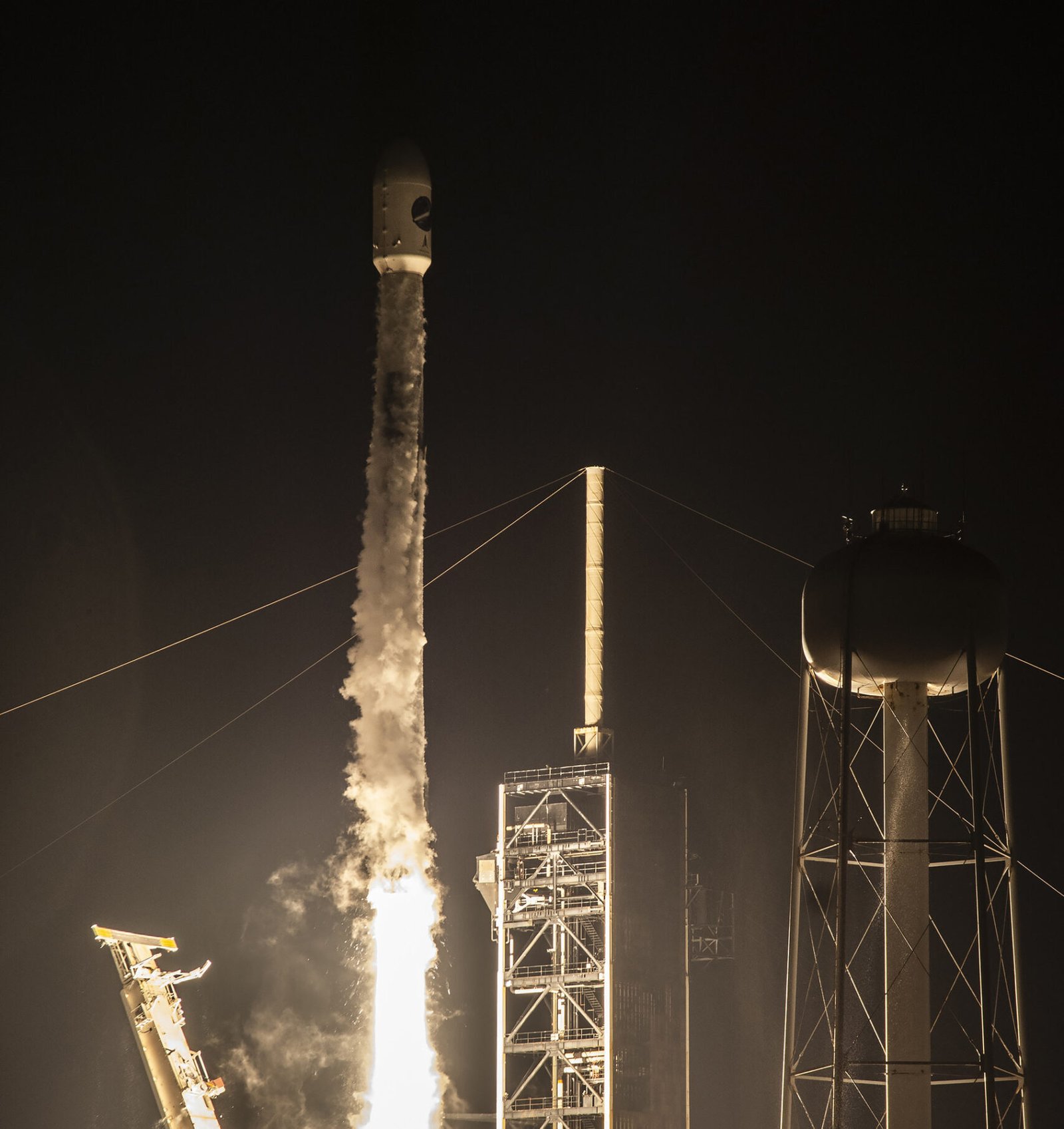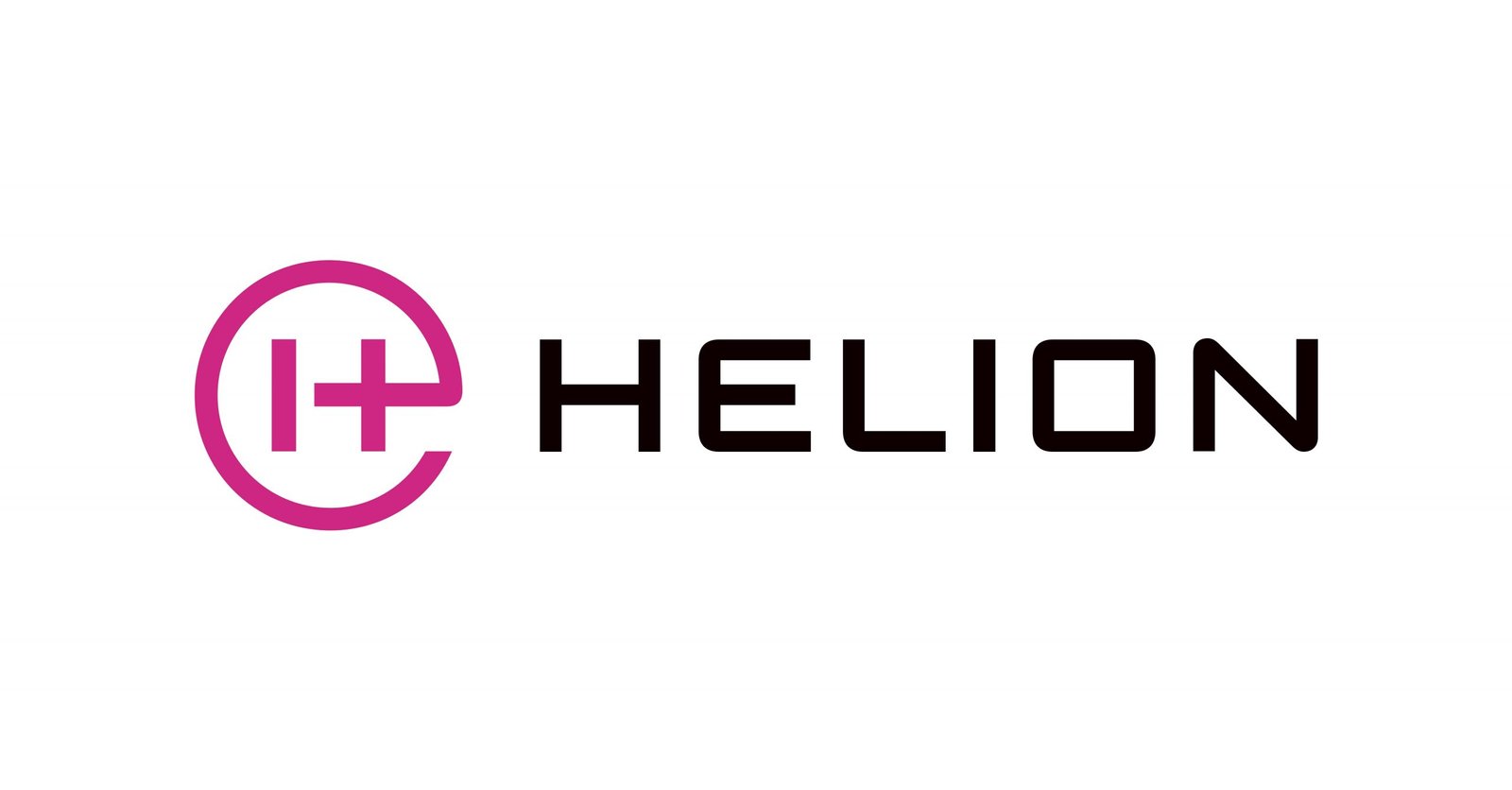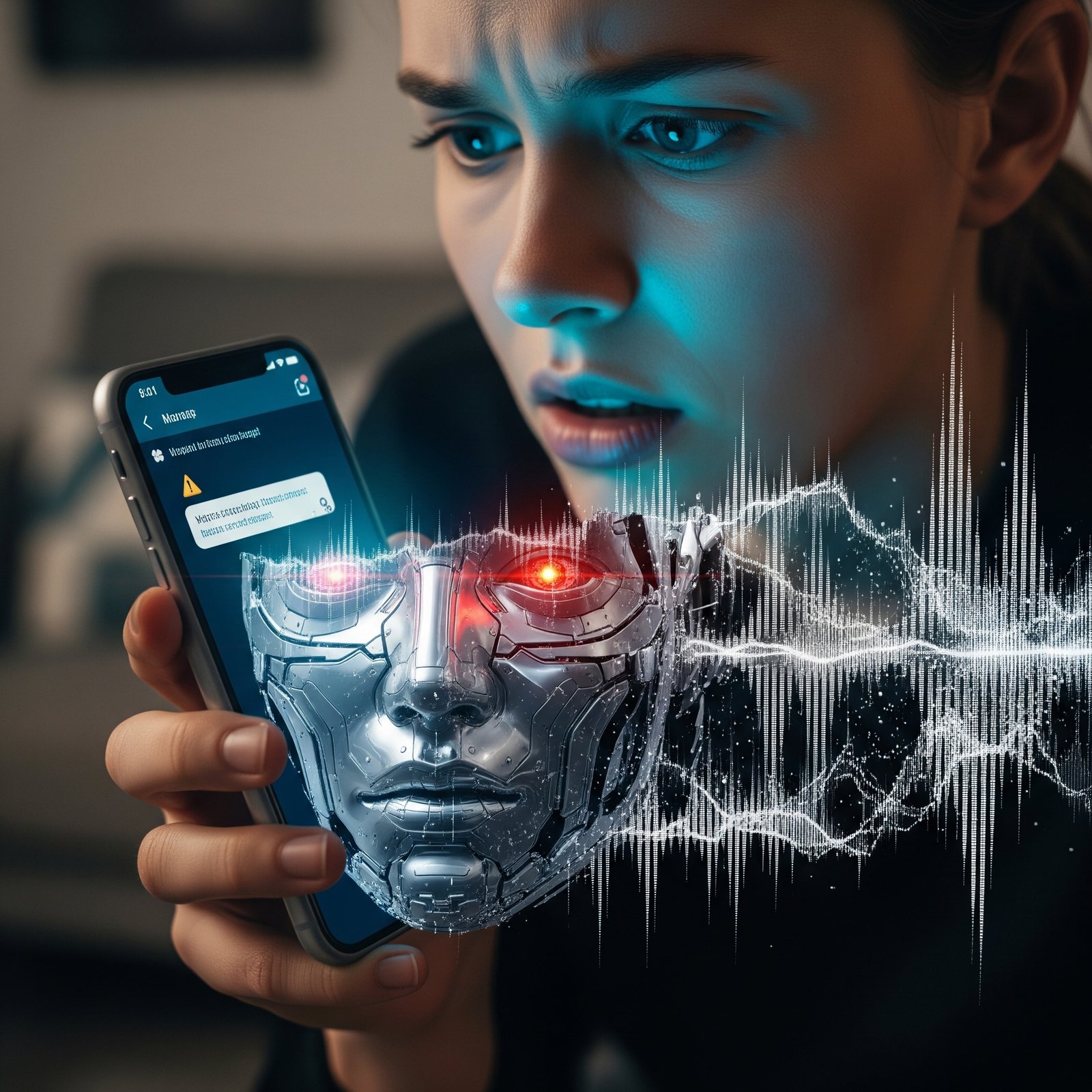The integration of artificial intelligence (AI) into education is revolutionizing how students learn and teachers teach. From personalized lesson plans to intelligent tutoring systems, AI is reshaping the classroom experience, making it more accessible, engaging, and efficient. With recent advancements in AI technologies, companies based in innovative hubs like Seattle, Washington, are leading the charge in this transformation. These developments signal a commitment to leveraging AI to enhance education, creating exciting opportunities for students, educators, and institutions worldwide.
The Impact of AI on Education
AI’s influence on education is not a distant promise—it’s happening now. Traditionally, education has been a one-size-fits-all system, with teachers balancing diverse student needs in crowded classrooms. AI has disrupted this model by introducing tools that adapt to individual learners, streamline administrative tasks, and expand access to quality education. Seattle, WA, a tech hub known for companies like Microsoft and Amazon, is at the forefront of developing AI solutions that empower educators and students alike. The continuous innovation in AI for education reflects a broader shift toward technology-driven learning, making this a pivotal moment for the industry.
What’s New in AI for Education?
The latest advancements in AI for education are delivering powerful tools that enhance teaching and learning. Here are some of the most significant developments:
- Personalized Learning Platforms: AI-driven platforms like adaptive learning software analyze a student’s strengths, weaknesses, and pace, tailoring lessons to their needs. For example, tools like Duolingo or Khan Academy use AI to adjust difficulty in real-time, ensuring students stay challenged without feeling overwhelmed.
- Intelligent Tutoring Systems: Virtual tutors powered by AI, such as those developed by Seattle-based startups, provide 24/7 support, answering questions and guiding students through complex topics like math or coding. These systems mimic human tutors but scale to millions of users.
- Automated Grading and Feedback: AI tools can grade assignments, from multiple-choice tests to essays, with high accuracy. This saves teachers time and provides students with instant feedback, improving learning outcomes.
- Accessibility Enhancements: AI technologies, such as real-time speech-to-text or language translation tools, make education more inclusive for students with disabilities or those learning in non-native languages.
- Data-Driven Insights for Educators: AI analytics help teachers track student progress, identify struggling learners, and adjust lesson plans. Platforms like these are being refined in tech hubs like Seattle, WA, to ensure precision and usability.
How This Improves the Educational Experience
These AI advancements translate directly into a better experience for students and educators. Personalized learning platforms mean students can learn at their own pace, boosting confidence and retention. For example, a struggling math student might receive simpler problems until they master a concept, while an advanced learner tackles more complex challenges. Intelligent tutoring systems provide support outside classroom hours, making education more flexible for busy students or those in remote areas.
For teachers, AI reduces the burden of repetitive tasks like grading, allowing more time for creative lesson planning and one-on-one student engagement. Accessibility tools ensure no student is left behind, fostering equity in education. Data-driven insights empower educators to make informed decisions, catching potential issues early. Collectively, these tools create an ecosystem where education is more dynamic, inclusive, and effective, supported by continuous innovation from tech hubs like Seattle, WA.
The Bigger Picture in the Education Industry
The rise of AI in education is more than a trend—it’s a paradigm shift that’s inspiring global change. Companies developing these technologies are setting new standards for what education can achieve. Competitors, from startups to tech giants, are racing to create their own AI tools, driving rapid innovation. For instance, Google’s AI education initiatives and Microsoft’s learning platforms, both influenced by Seattle’s tech ecosystem, are pushing boundaries in how technology supports learning.
This transformation also highlights the role of regions like Seattle, WA, in shaping the future of education. As a hub for AI research and development, the city is fostering solutions that could redefine global education standards. However, challenges remain, such as ensuring equitable access to AI tools and addressing privacy concerns around student data. Despite these hurdles, AI’s potential to democratize education—making high-quality learning available to all—is a powerful motivator for continued investment.
The implications of AI in education extend beyond the classroom, influencing workforce development and lifelong learning. As AI tools prepare students with skills for a tech-driven economy, they’re also enabling adults to upskill through online platforms. This creates a ripple effect, strengthening communities and economies worldwide.
Looking Ahead
The future of AI in education is bright, with ongoing advancements promising even more innovative solutions. As companies in Seattle, WA, and beyond continue to refine AI technologies, students and educators can expect a learning experience that’s increasingly personalized, accessible, and impactful. This is not just about tools—it’s about building an ecosystem that empowers every learner to succeed.
- Summary: AI is transforming education with personalized learning, intelligent tutoring, automated grading, and enhanced accessibility, driven by innovations from tech hubs like Seattle, WA. These advancements improve student outcomes, support teachers, and reshape the global education landscape. Article was written with help of Ai.







